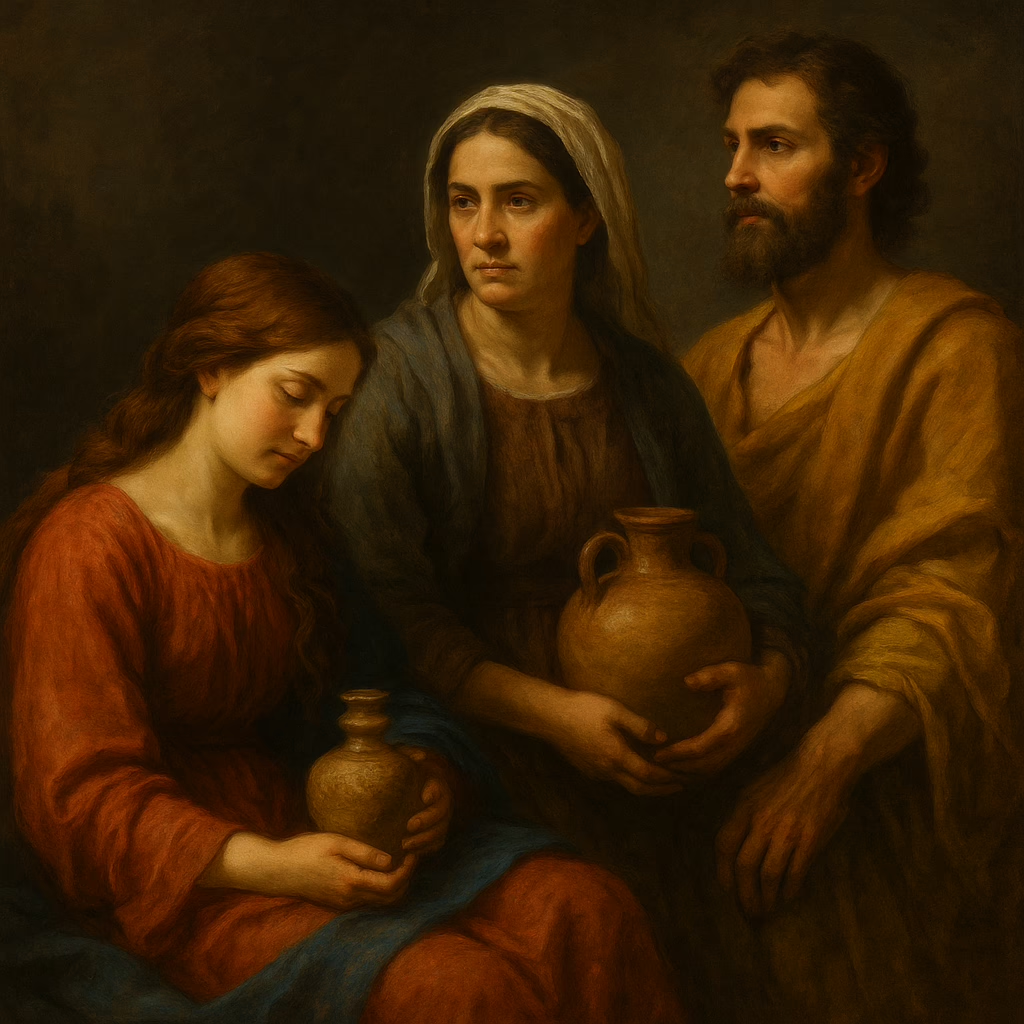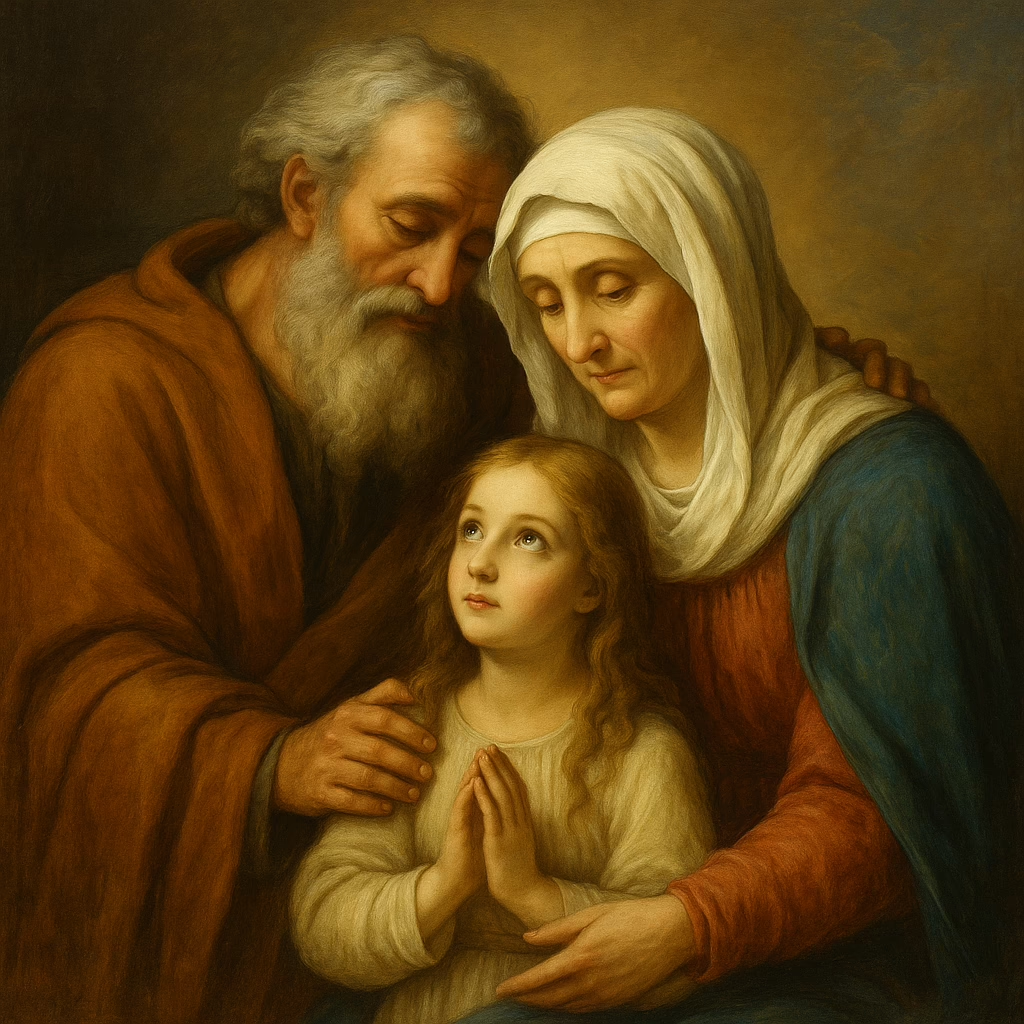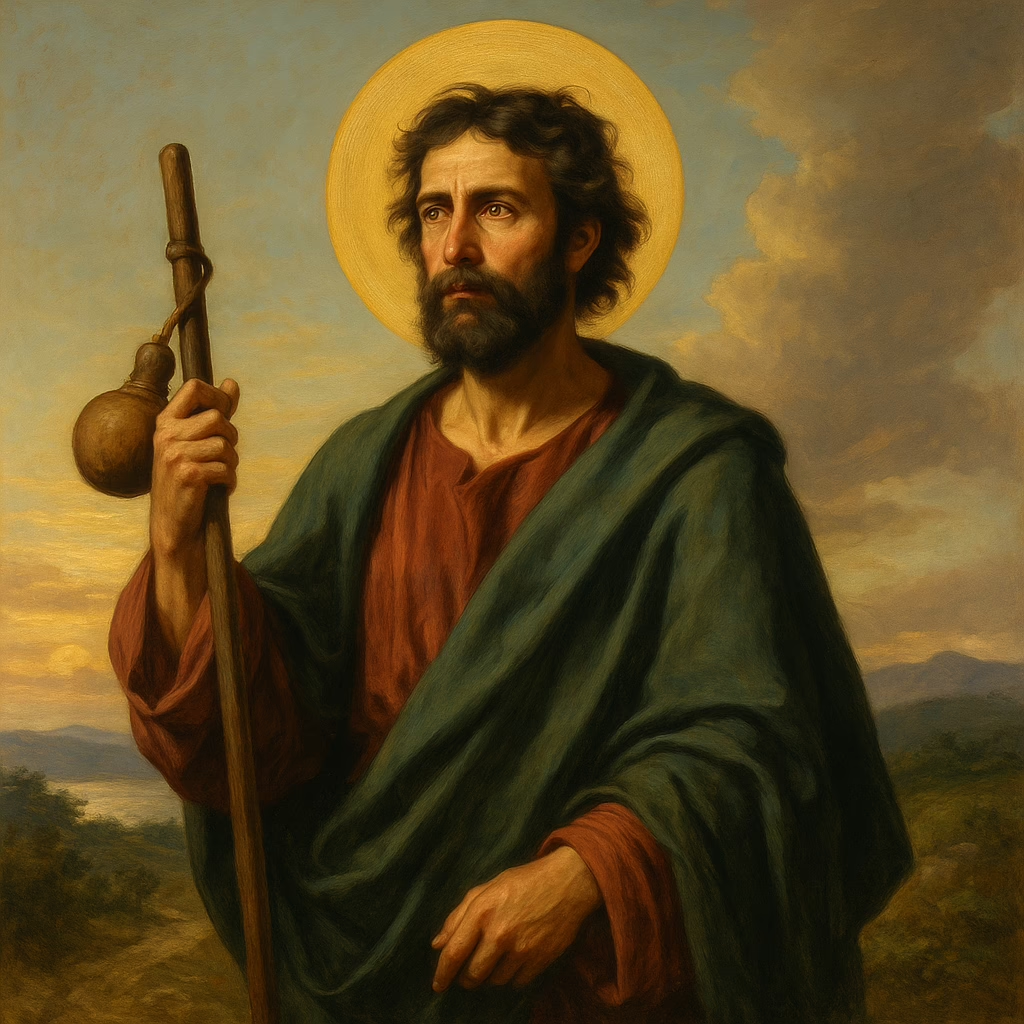St. Stephen of Hungary: Founder of the Kingdom – An Inspirational Biography
St. Stephen of Hungary, also known as King Stephen I, is celebrated as the pioneer of the Kingdom of Hungary and as the nation’s first Christian monarch.
Early Life and Devotion
Born in 975 to Grand Prince Géza and Sarolt, St. Stephen displayed a profound devotion to God from a young age, aspiring to propagate the Christian faith across the land.
At a time when Hungary was a pagan realm consumed by barbarism, St. Stephen’s father, Géza, envisioned a Christian Hungary, laying the foundation for his son’s education and leadership formation.
Educational Journey and Leadership
Under the meticulous guidance of his parents, St. Stephen underwent a comprehensive education encompassing secular and religious studies. He mastered Latin, delved into the Scriptures, and imbibed the wisdom of the saints, preparing diligently for the responsibilities that awaited him.
Upon joining his uncle, King St. Stephen’s army, the young St. Stephen showcased remarkable bravery and leadership on the battlefield, qualities that would define his future reign. Following his uncle’s passing without an heir, St. Stephen was called upon by the Hungarian populace to lead—a duty he embraced with unwavering faith and courage.
Coronation and Christianization
In the year 1000, St. Stephen ascended to the throne as King of Hungary. He immediately initiated his mission to Christianize the nation by enlisting the clergy’s support, constructing churches and monasteries, and enacting laws grounded in Christian principles.
An outstanding achievement of St. Stephen was the establishment of the Ecclesiastical Hierarchy in Hungary, emphasizing the organization of the Church and the accessibility of sacraments and teachings. He championed education and literacy, recognizing the importance of an enlightened populace in nurturing the faith.
Challenges and Legacy
Throughout his reign, St. Stephen faced numerous adversities, including uprisings, invasions, and political plots. Yet, his steadfast devotion to God and his people never wavered. Through prayer and the intercession of saints, he navigated tumultuous times, trusting in divine providence.
An emblematic moment in St. Stephen’s rule occurred when confronted with a military threat from the German king, Henry II. Opting for peaceful negotiations over violence, St. Stephen exemplified his commitment to peace and reconciliation, preserving lives and solidifying his reputation as a sagacious and just ruler.
Enduring Reverence and Inspiration
St. Stephen’s enduring legacy persists in Hungary and beyond, where he is venerated as a national hero and a revered saint. Revered for his humility, piety, and allegiance to the Church, his feast day on August 16th commemorates his passing in 1038.
Emulating St. Stephen’s Virtues
In conclusion, St. Stephen of Hungary serves as a beacon of holiness and leadership, illustrating that with faith, courage, and perseverance, remarkable transformations and lasting impacts can be achieved. May his exemplary life inspire us to walk the path of faith, service, and reliance on divine guidance in all our endeavors.
Further Reading
Explore more about St. Stephen of Hungary and deepen your understanding of his remarkable life through the following books:
- Stephen I: King of Hungary on Amazon – A detailed biography of Saint Stephen, the first king of Hungary.
- The Realm of St Stephen: A History of Medieval Hungary on Amazon – A comprehensive history of medieval Hungary from 895 to 1526.
- The Spirit of Hungary: A Panorama of Hungarian History and Culture on Amazon – A comprehensive history of Hungary from its origins to the present day.






Leave a Reply